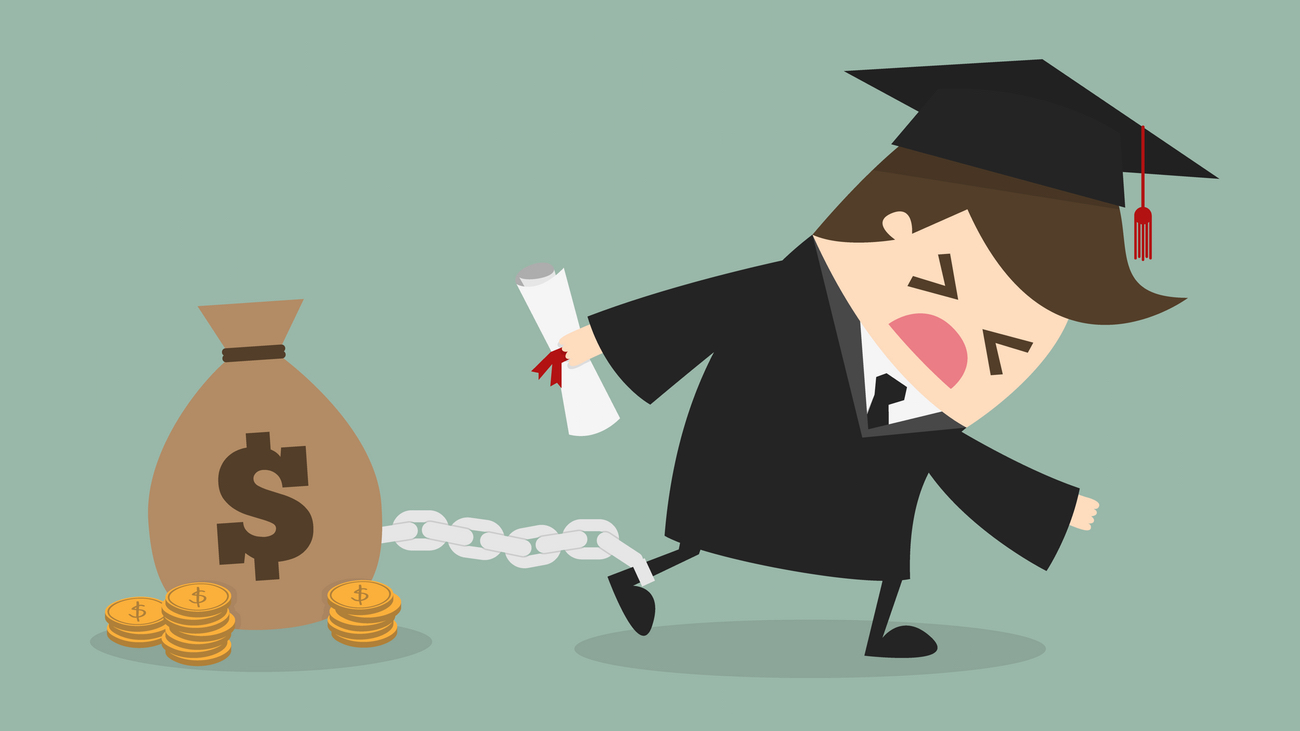
The high cost of a legal education means that many law students begin their articling years swimming in savage debt, and steep loan repayments often hang over the heads of new lawyers well after their calls to the bar.
I was one of the lucky ones. Through working part-time jobs, extremely frugal living, summer law firm employment, prudent financial management and a little help from my family, I graduated law school debt-free. But all of that time spent carefully managing my meager income taught me valuable lessons on how to tackle and minimize debt. Here, then, are a handful of debt reduction strategies for articling students and young lawyers looking to repay the debts commonly accumulated during law school.
1. Prioritize your repayments
Create a spreadsheet that lists all of your debts, along with their interest rates and minimum monthly payments, in order so that the debt with the highest interest rate is at the top of the list. Beginning with the debt at the top of the list, systematically and aggressively eliminate each debt one by one. As you’re repaying the first debt, be sure to make the minimum payments on the other debts until the debt at the top of your list is eliminated. Once the first debt has been repaid, eliminate your remaining debts in this manner.
2. Sell, cut and negotiate
In order to generate extra cash to repay debts, I recommend selling some of your assets, cutting your credit usage and negotiating lower credit card interest rates. Stocks, mutual funds and other securities can be sold to pay down debts. Websites like eBay and Craigslist provide open marketplaces for musical instruments, cars, sports memorabilia and other valuable items that can be sold to pay off debt. Sell an old electric guitar or an autographed baseball and put the proceeds towards your debt repayment strategy. Simultaneously, cut your credit card usage by paying for your daily expenses in cash. As you do so, call your credit card company and attempt to negotiate a lower interest rate on your payments.
3. Live frugally
As discussed in my first column, living below one’s means is an essential component of a debt reduction strategy. In order to prudently pay off your debts, you must create and adhere to a reasonable budget. You must spend less than you earn. Fire your personal trainer and go for a jog. Brew java at home and avoid the Starbucks line. Host a potluck instead of dining out. Austerity hurts, but if you sacrifice and keep costs very low for a few years, you’ll quickly cruise out of the red and into the black.
